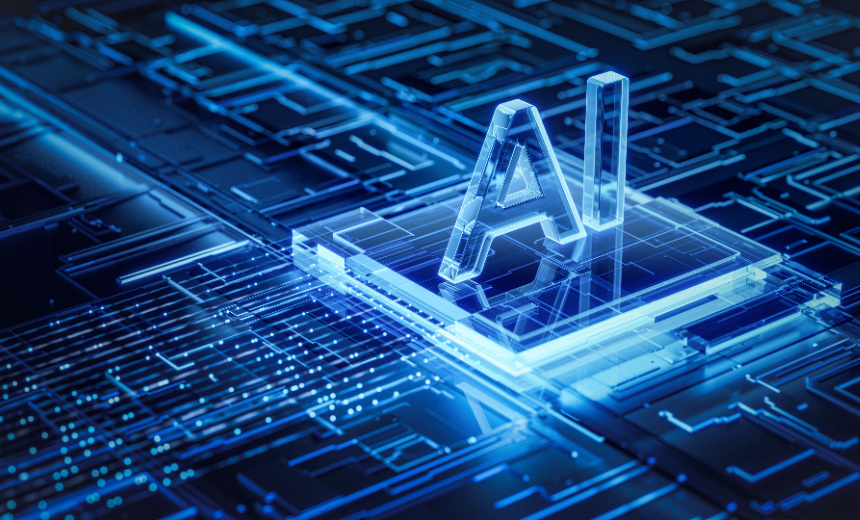Artificial intelligence developers such as OpenAI, Google, and Microsoft have embraced Anthropic’s open standard in order to enhance the capabilities of their chatbots and allow them to access everyday software more efficiently. The open standard, known as the Model Context Protocol (MCP), is designed to provide chatbots with direct access to enterprise systems, cloud services, and local files, making them more practical and versatile. Various AI vendors and developers have already deployed hundreds of MCP servers to connect platforms like Slack and Snowflake.
Introduced by Anthropic as an open-source specification, the Model Context Protocol defines MCP servers, which expose data sources such as Google Drive, Postgres, and internal APIs, as well as MCP clients, the AI applications that utilize this data to respond to user queries. Anthropic describes MCP as a “USB-C port for AI applications,” offering a standardized connector that can be adopted by any vendor or tool maker. By separating model data integrations from proprietary code, MCP aims to create a competitive ecosystem of plug-and-play connectors that accelerate prototyping and reduce vendor lock-in.
Support for MCP has seen significant growth in the first quarter of this year. OpenAI CEO Sam Altman announced that MCP is available in the Agents SDK, with support for the ChatGPT desktop app and Responses API on the way. Google DeepMind CEO Demis Hassabis also praised MCP, stating that Gemini models and SDKs would be joining the standard, as MCP rapidly becomes the open standard for the AI agentic era. Additionally, Microsoft Azure, Claude, and third-party platforms like Block, Apollo, Replit, Codeium, and Sourcegraph have integrated MCP clients and servers. Directories like glama.ai already list numerous community-built MCP servers.
Early adopters of MCP have noted that it simplifies experimentation with data-driven AI workflows. Design thinker Matt Webb remarked that MCP provides a relatively easy way to integrate an organization’s tools and knowledge into an AI chat application to facilitate learning. However, the adoption of MCP also introduces challenges related to security, privacy, and complexity.
Despite the advantages of MCP, some experts have raised concerns about its complexity and the potential risks it poses. Steven Sinofsky, a veteran product executive, cautioned that middleware standards like MCP may not live up to their promises in practice and could face obstacles such as vendor disputes and security issues. Additionally, other protocols like Google’s Agent2Agent protocol and community-driven efforts such as Unternet’s Web Applets spec provide alternative approaches to connecting AI agents.
Looking ahead, Anthropic plans to launch hosted, remote-access MCP servers by mid-2025, eliminating the need to run connectors locally and simplifying corporate adoption. As the adoption of MCP continues to grow among AI developers and vendors, it remains to be seen how the standard will evolve and address the challenges and opportunities in the AI ecosystem.


